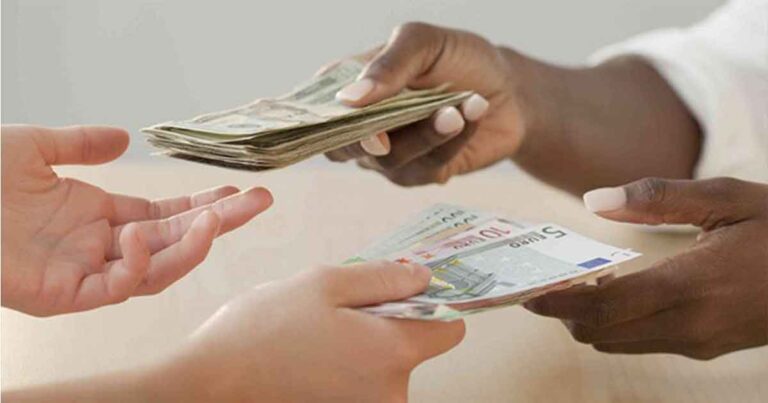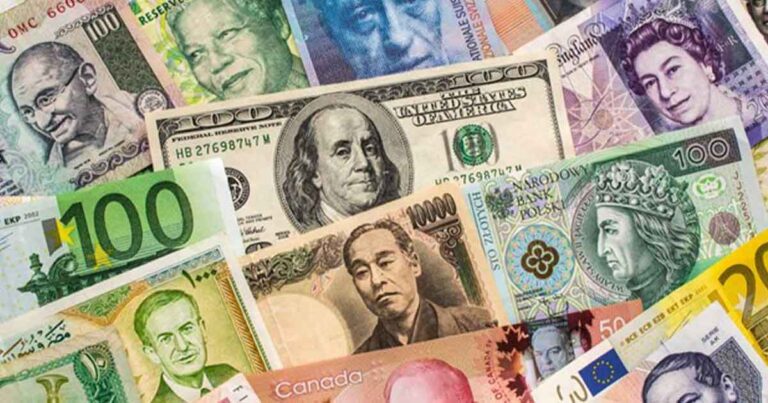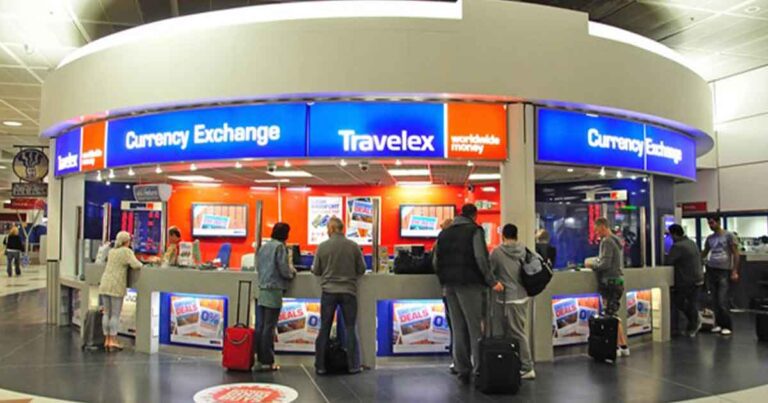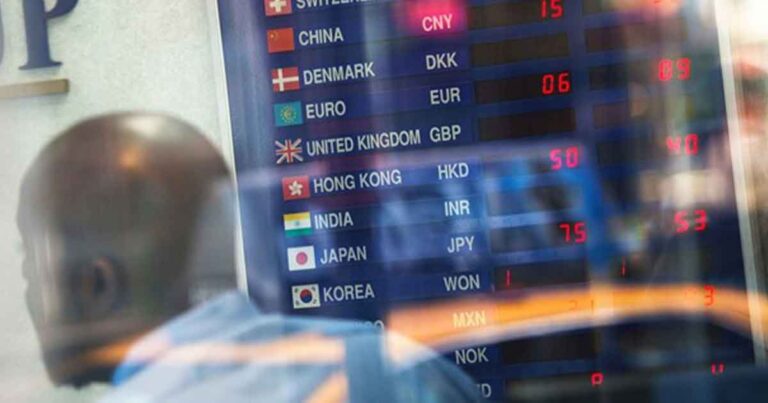Currency exchange is an essential part of our lives, whether we are transferring or receiving money in another currency or travelling abroad. Despite the necessity of currency exchange, this market is full of risks and scams. Scammers exploit people's needs using tactics like fake bureaus and manipulated rates to deceive individuals. In particular, travellers who …





